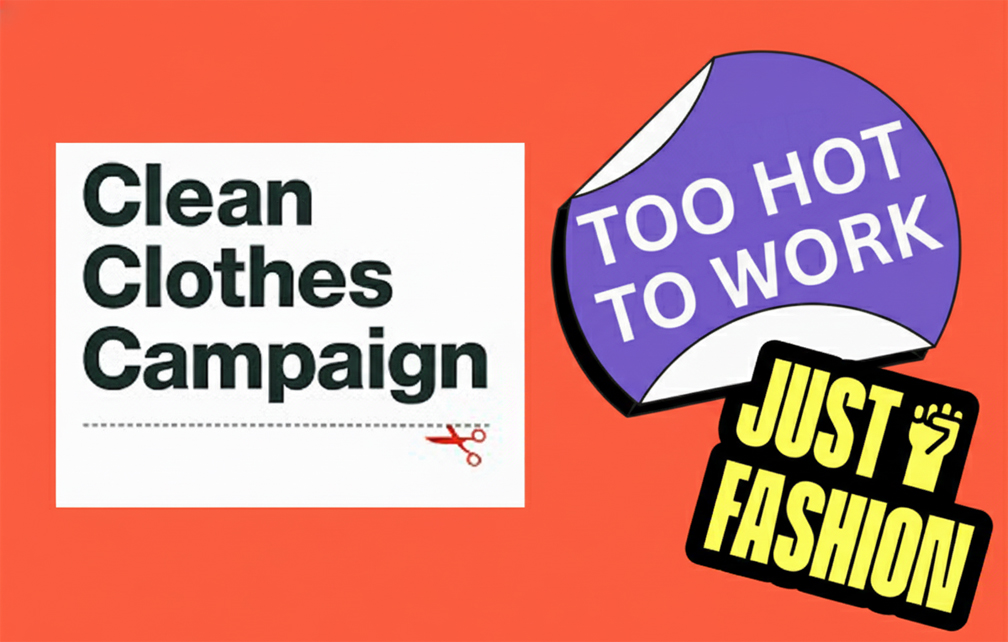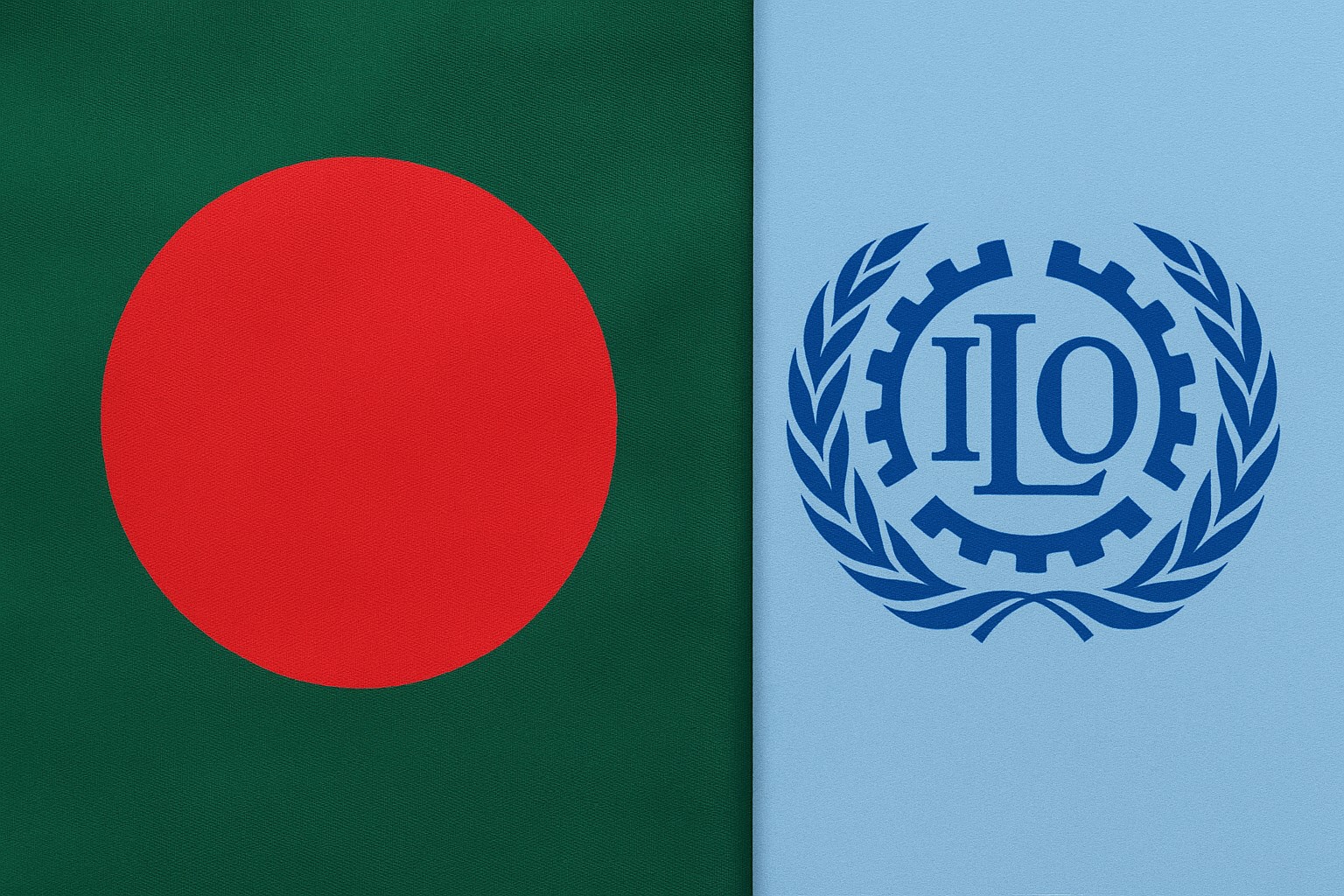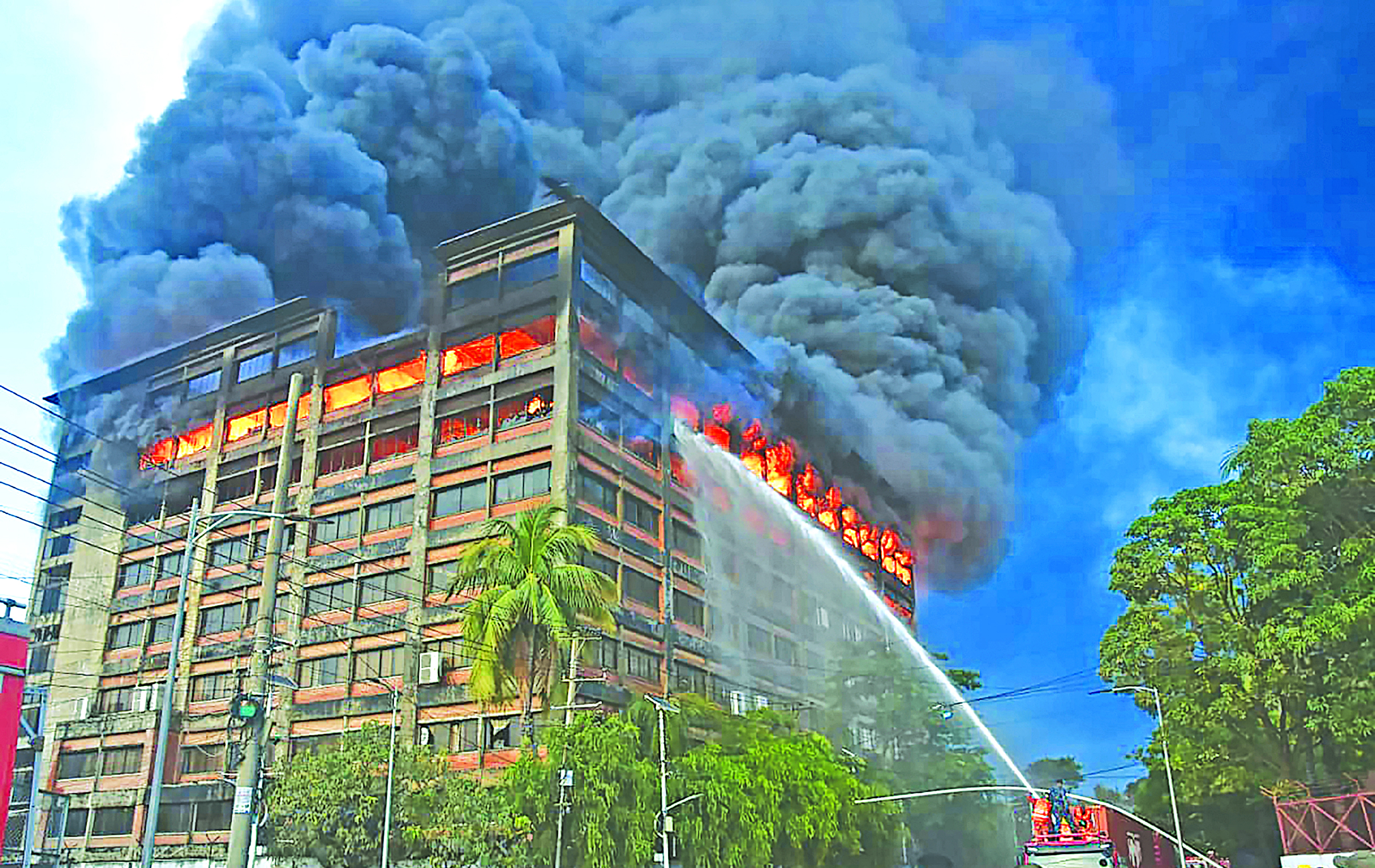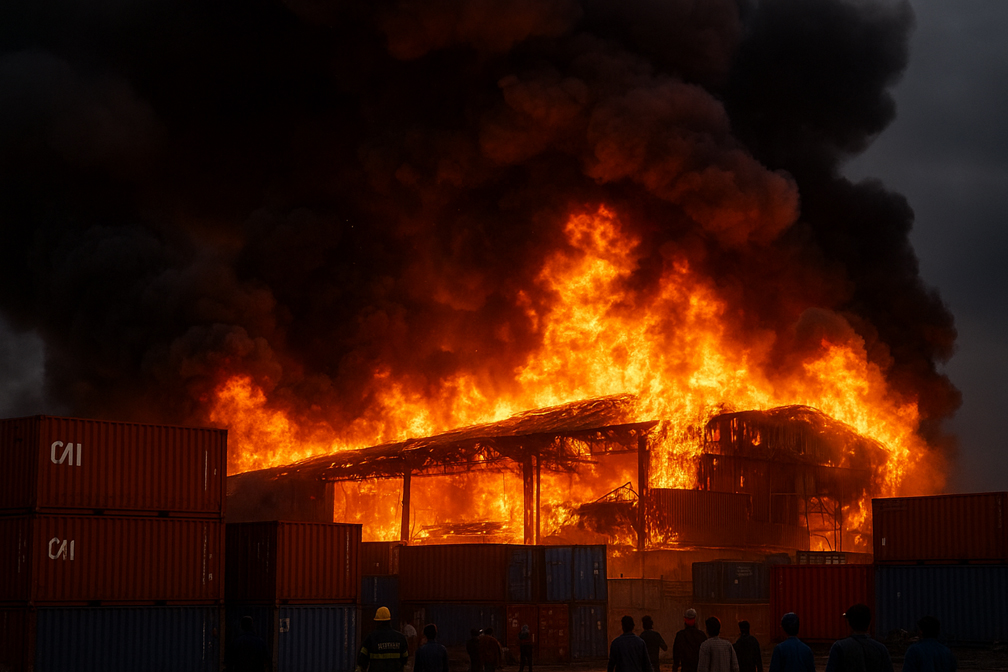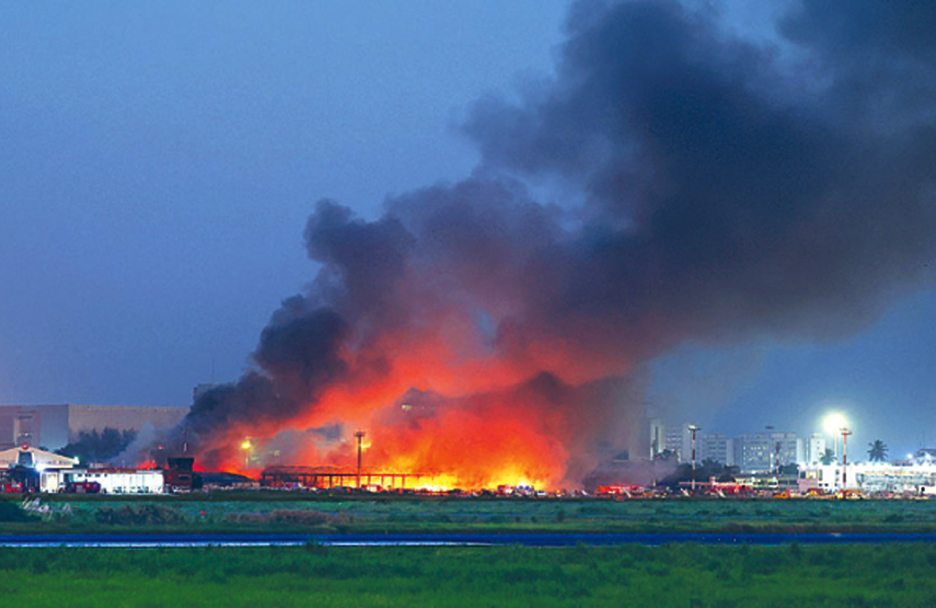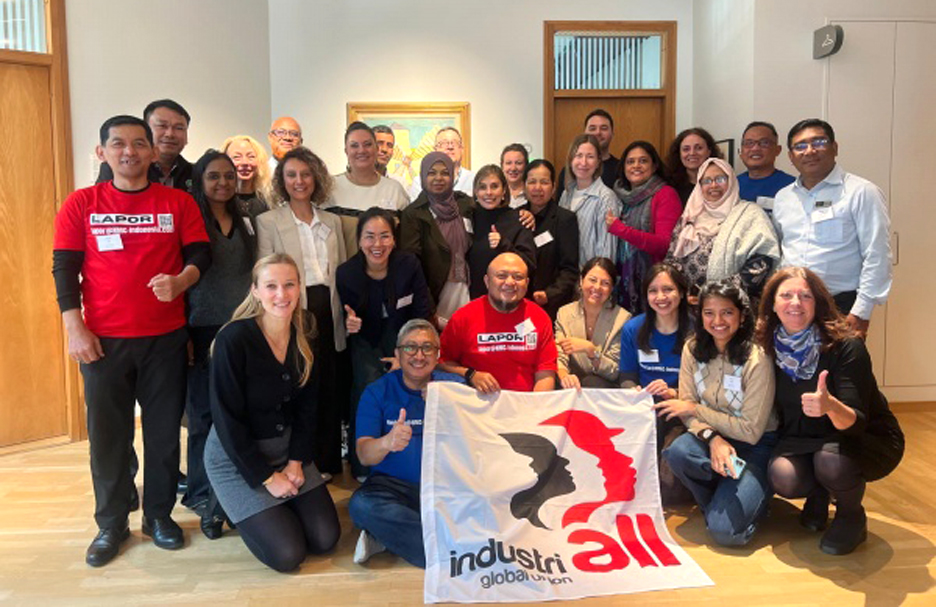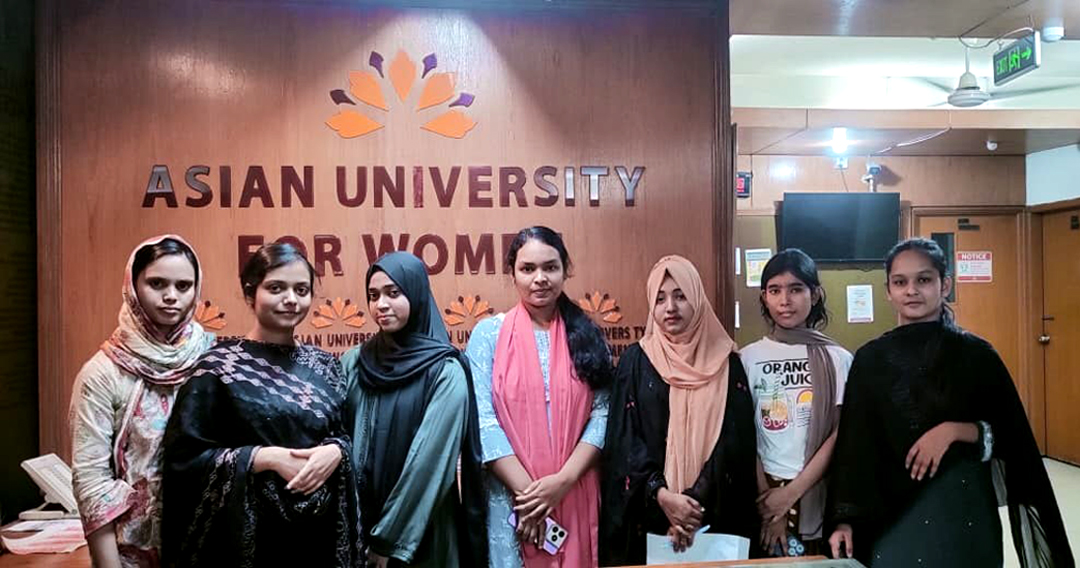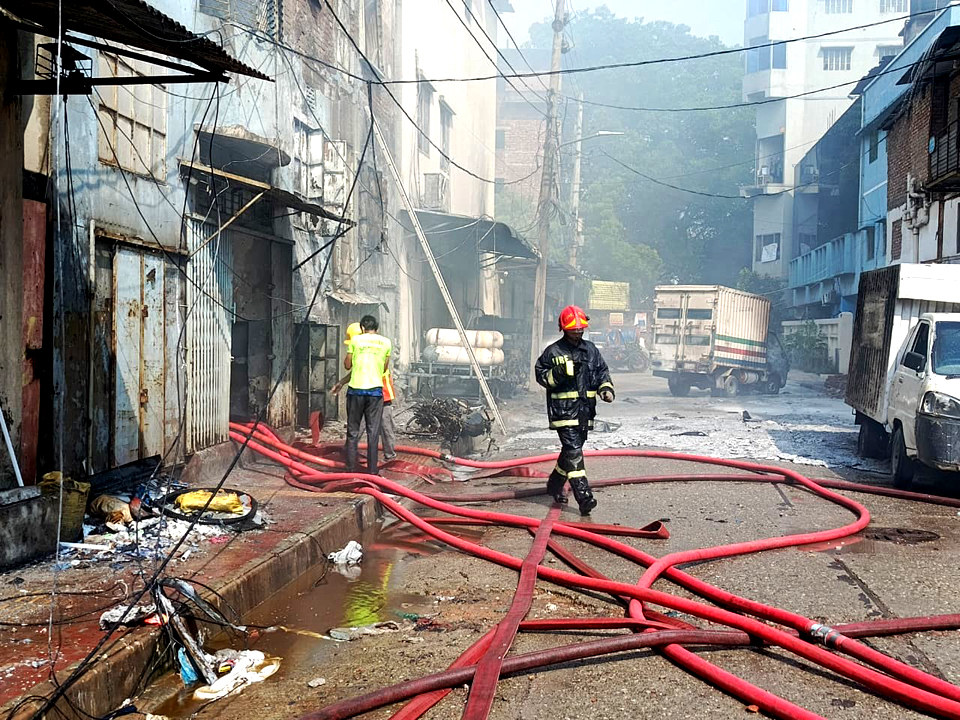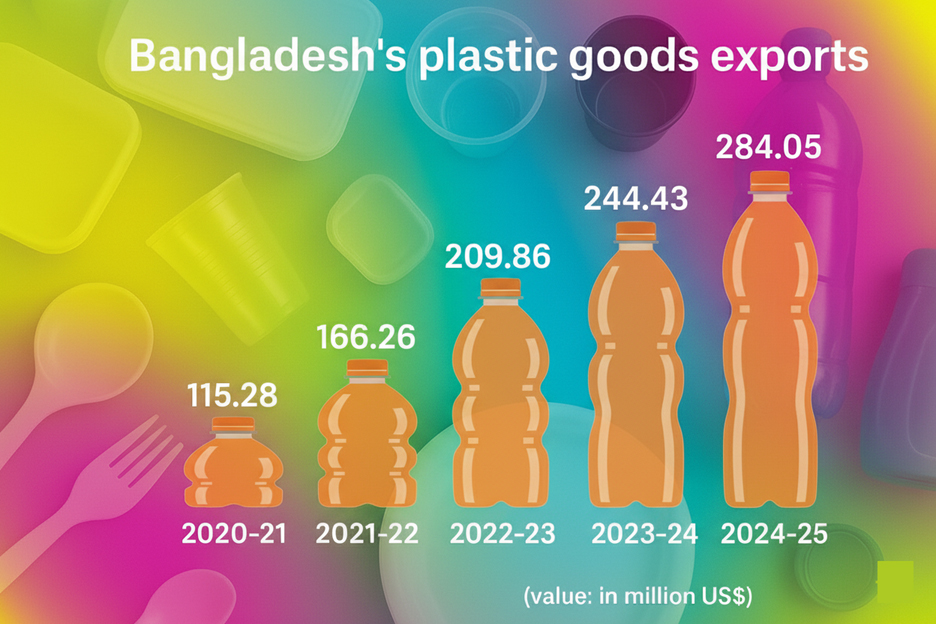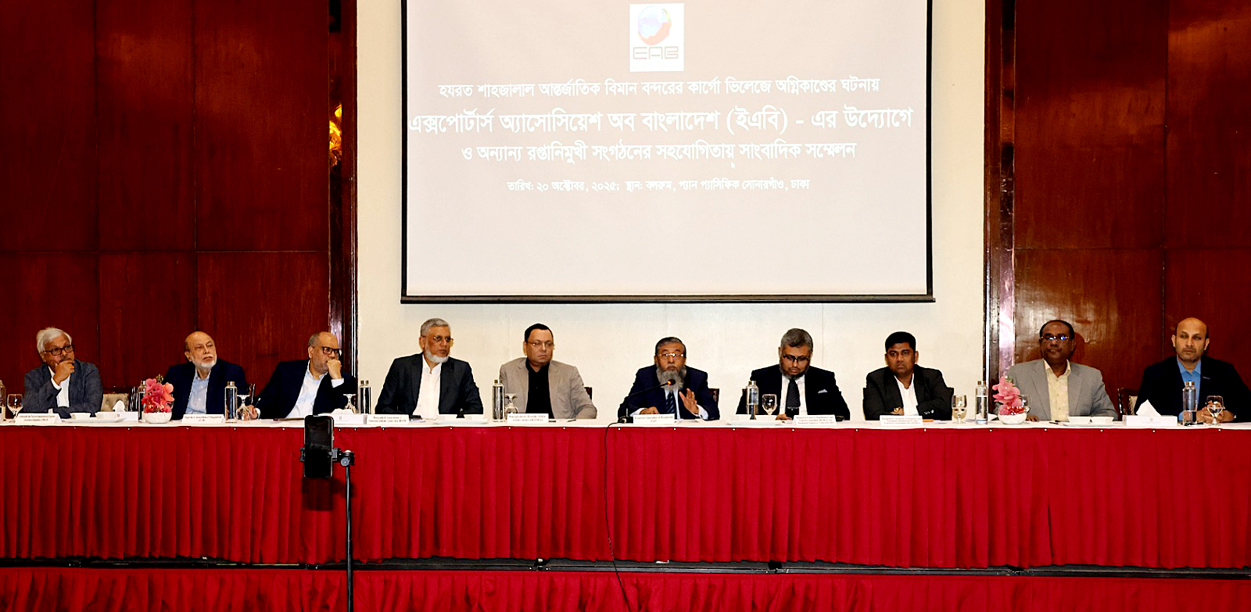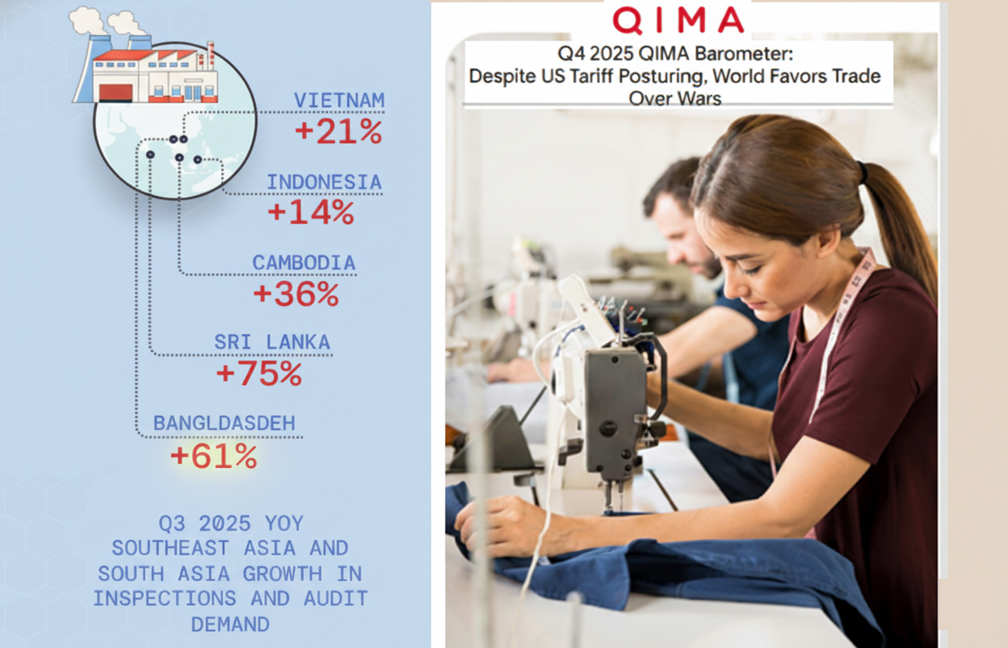Global rights group Clean Clothes Campaign (CCC) has urged fashion brands, suppliers, and governments to take immediate action to protect garment workers from the growing risks posed by rising temperatures in factories worldwide.
In its new report, Heat and Garment Workers’ Rights – Fashioning a Just Transition, the CCC stated that as global temperatures rose due to climate change, the risks of illness, harassment, and wage theft faced by 72 million fashion workers in factories — many of them women, migrants, or home-based workers — were also increasing.
The report, published on October 15, noted that the garment industry was particularly vulnerable to the effects of heat, as production was often concentrated in regions already experiencing high temperatures.
It warned that countries heavily dependent on garment exports and highly exposed to heat were especially at risk.
The report added that six of the ‘Critical 9’ countries for heat stress — India, China, Indonesia, Pakistan, Bangladesh, and Brazil — were major garment producers.
It said that the issues were not limited to those countries, as garment workers across supply chains in nations as far apart as Cambodia, the Philippines, Uganda, and Serbia were already experiencing the strain of rising temperatures at work and at home.
According to the report, fashion companies were producing substantial greenhouse gas emissions and causing severe environmental degradation, thereby driving up global temperatures.
At the same time, they were making vast profits from the exploited labour of workers who were among the first and most affected by the climate crisis.
The report further noted that as the climate and ecological crisis intensified — fuelled in large part by the fashion industry — workplace heat had ceased to be an isolated hazard and had become a systemic threat.
‘It is deepening existing labour rights violations and creating new ones for the very workers who have contributed least to the crisis. Heat in the workplace must be recognised as a fundamental and urgent labour and human rights issue across the sector,’ it said.
The CCC emphasised that with rising temperatures, responsibility did not rest solely with fashion brands and suppliers.
It said governments also needed to establish workplace heat standards and provide social protection measures to mitigate the health and income impacts of high temperatures on workers.
‘There is no excuse for governments, suppliers, and brands to delay action or implementation. By failing to act, they continue to expose garment workers to dangerous temperatures, financial insecurity, and uncertain futures,’ the report said.
Giuseppe Cioffo of the CCC International Office said, ‘Governments must take workplace heat seriously and act now to protect workers.’
He said that action should include binding standards to monitor heat in workplaces, protect workers from its risks, and minimise harm when high temperatures cause illness.
He further said that governments must also plan for and address the future impact of heat on employment.
The CCC suggested that measures to safeguard workers’ health and safety should be worker-driven, inclusive, and responsive to local contexts.
It also recommended that governments, suppliers, and brands act urgently to curb their contribution to climate and ecological change.
The report stated that fashion companies must end the repression of workers’ rights and ensure their full freedom to organise, negotiate, and participate in developing climate adaptation strategies.
It said that they should also put a stop to exploitative business practices, uphold the right to decent work in climate-vulnerable regions, and invest in social protection systems for all workers, regardless of contract type or migration status.
Without such action, the report warned, garment workers would remain exposed to the full force of climate breakdown, endangering their safety, livelihoods, and future.


